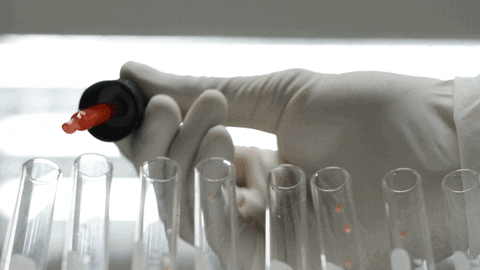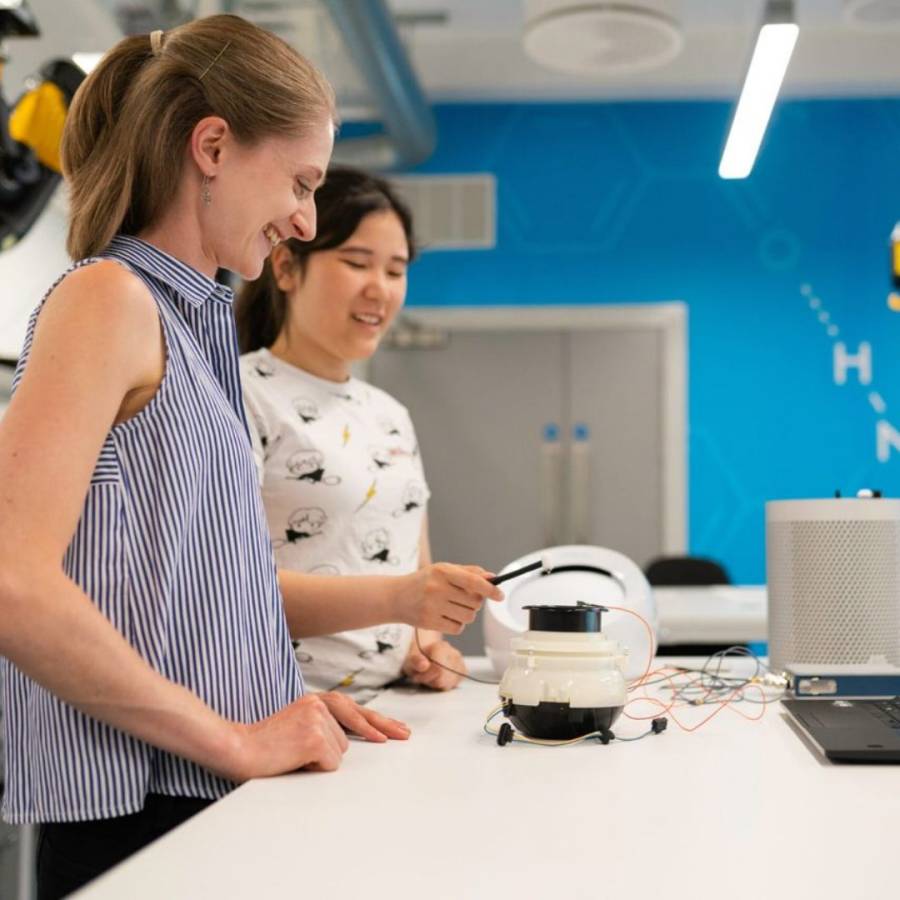It combines biology and engineering by applying engineering principles to medicine and healthcare. Biomedical Engineering, is also known as Bioengineering, BioMed or BME.
What To Study
At school, you’ll need five GCSEs including maths, English and science. After this, you’ll need three A levels including Maths and physics. Or, level 3 vocational courses in science or engineering work for some degrees. Make sure you need to check the requirements with each university. Read more on what to study for bioengineering >>
You’ll need a degree in physics, electrical engineering, biomedical engineering or similar. The degree should be accredited by the IET or the IMechE.

Careers
Day to day, Bioengineers work in the lab, office or clinic. A lot of Bioengineers find work with the NHS in the UK. Other employers also include university research departments, rehabilitation and health charities or medical equipment manufacturers.
Most commonly, Bioengineers research, design and develop medical products, such as joint replacements or robotic surgical instruments. They design and modify equipment for clients with special needs or manage clinical equipment in hospitals and the community. Read more on Bioengineering careers >>
Skills
Other skills which are helpful for bioengineers include:
- Problem solving
- Attention to details
- Teamwork
- Communication
- Ability to understand technical plans
Role Models
Nina Tandon – She is the co-founder and CEO of EpiBone. EpiBone is developing technology to create bone tissue from a patient’s stem cells for use in bone grafts.
Chae-OK Yun – She is currently a Professor of Bioengineering at Hanyang University, Seoul, Korea.
Treena Livingston Arinzeh – Treena Livingston Arinzeh, PhD, professor of biomedical engineering at NJIT, has earned national recognition for her commitment to making adult stem cell therapy a future reality.






